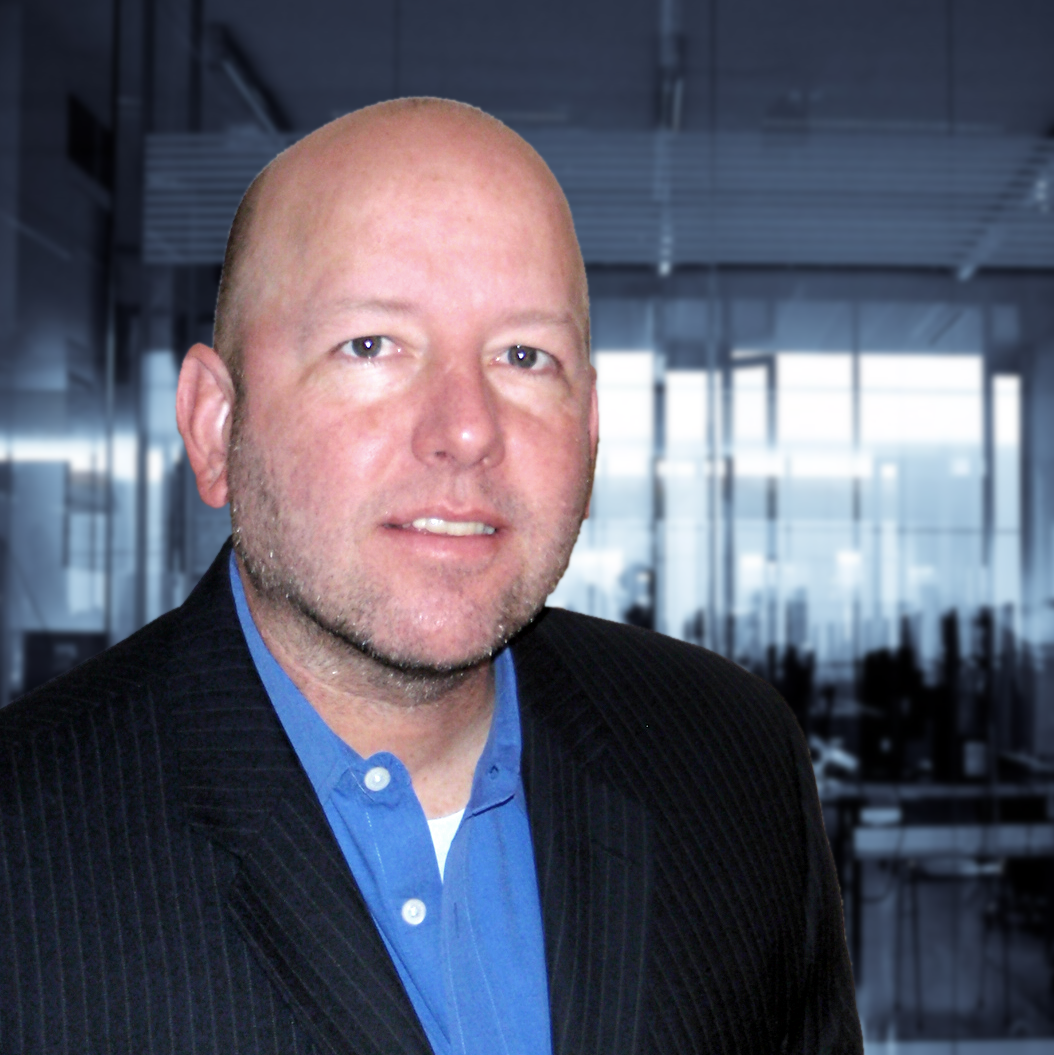
Patrick Masson (@massonpj) is currently serving as the General Manager for the Open Source Initiative after working within higher education IT for over twenty years, ranging in roles from Programmer Analyst at UCLA, to Chief Technology Officer in the University of Massachusetts' Office of the President.Patrick also teaches within the College of Computing and Information at the State University of New York at Albany on subjects related to open source software.Patrick has worked to promote the awareness and adoption of open source throughout his career, serving on the Jasig Foundation's Board of Directors, and is currently on the Apereo Foundation's Advisory Council. He is the co-founder and current chair of the EDUCAUSE Constituency Group on Openness and author of the Openness Index.

Authored Comments
Boy, I seem to be be the Horseshack (https://www.youtube.com/watch?v=-cDAqrywsHE) of the recent "list of" posts here on Opensource.com--always jumping in to offer what I think is my great idea (I just made a suggestion here: https://opensource.com/life/15/7/twitter-canadians-open-source).
But I am surprised "Penn Manor: The power of open in education" by Red Hat Films, isn't on the list (https://www.youtube.com/watch?v=Nj3dGK3c4nY).
Please know I am in no way suggesting that the seven stories listed here are not deserving of the recognition, just thinking there are, "'8' stories that make you feel good about open source in 2015 (so far)."
Thanks!
Stephan,
Excellent article on individual AND organizational maturity. Importantly -- and I think you intended this ;-) -- these phases also provide a framework for the projects/community as well.
An open source community needs to foster opportunities for it's members to discover, grow, take on responsibilities, etc. for both the contributors and project to mature. Indeed, to continue the analogy, a project might end up with a bunch of spoiled brats (immature individuals) if the adults never let the children explore, try & fail, etc.
With two teens of my own, I might add one more "phase" or at least extend Phase 2's description to include something analogous to the rebellious teen. Again this is a healthy phase, as it lets folks question traditional norms, challenge dogma, etc.
Thanks,
Patrick